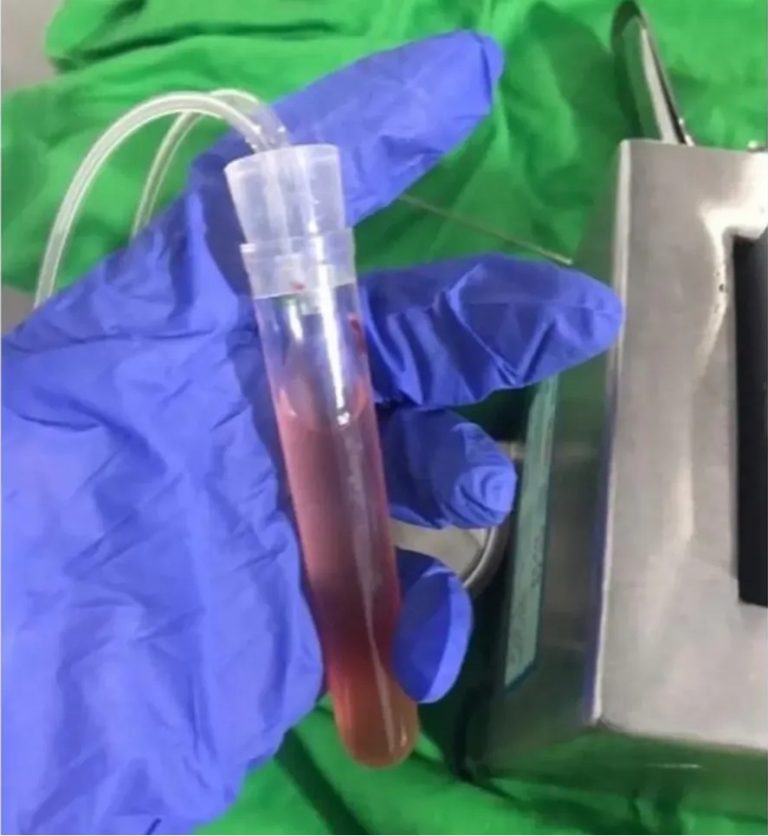The Education Rights Campaign (ERC), University of Ibadan (UI) branch, has raised alarm over a disturbing and exploitative trend in which female students are reportedly selling eggs (through IVF donation) to fund their education amid severe financial hardship in Nigeria .
According to the ERC, sudden fee increases at UI—where tuition surged by 453% to 750% between the 2022/2023 session—have created a dire environment. Students who used to pay around ₦64,600–₦69,600 now face fees between ₦230,000 and ₦412,000 depending on their course of study . The ERC argues that this situation has forced many young women into “exploitative and health-threatening survival strategies,” including selling eggs for cash .
In response, the University of Ibadan’s Health Service issued a memo dated April 15, 2025, signed by Dr. Aderonke B. Ajayi, Director of Health Services. The advisory warned students against treating egg donation as a “side hustle” or consistent income-generating activity .
The advisory outlined several short-term health risks associated with egg donation:
Abdominal pain, bloating, breast tenderness, mood swings
Ovarian Hyperstimulation Syndrome (OHSS)
Infection, bleeding, ovarian torsion, and potential injury to nearby organs such as the bladder or bowel
Psychological distress
It also noted possible long-term effects, including potential loss of fertility, emphasizing that existing research remains inconclusive regarding safe donation practices (frequency, cumulative effects, etc.) .
UI’s official guidance specifies:
Egg donation should be limited to no more than three times per year
Only reputable, regulated clinics should be used, with full medical oversight and informed consent
Furthermore, the ERC equated the growth in egg donation with a failure of Nigeria’s public education system, asserting that students are being driven into risky practices because the state has abandoned its duty to fund tertiary education adequately

